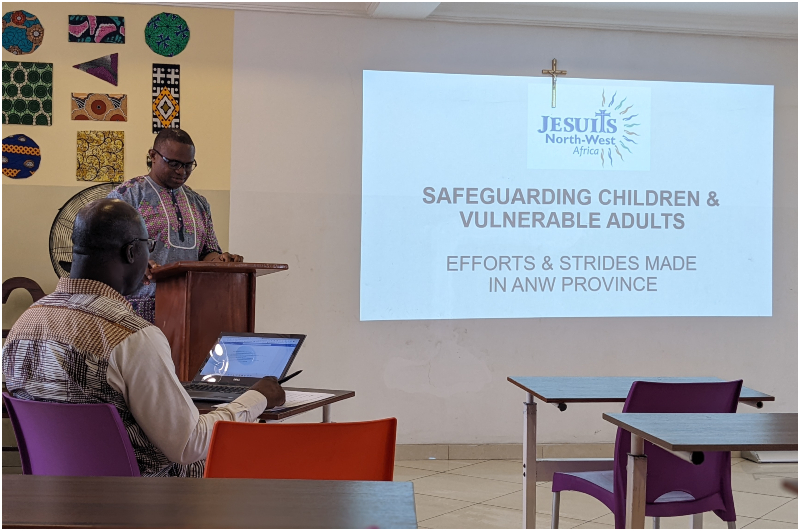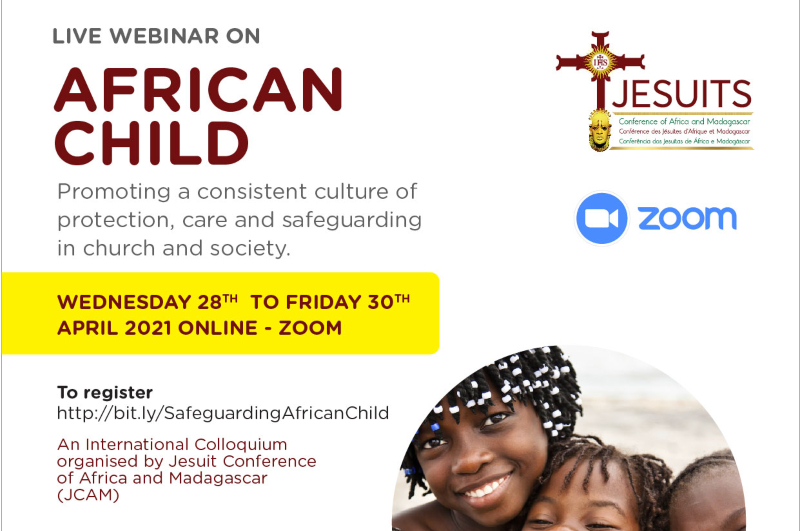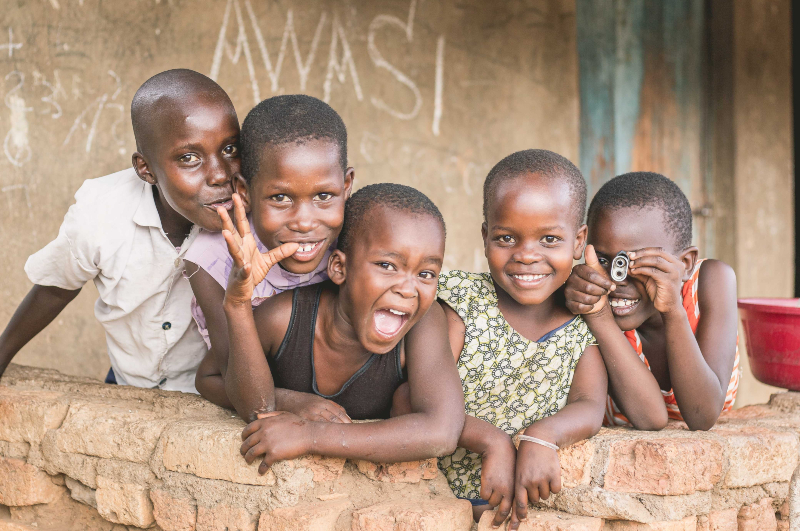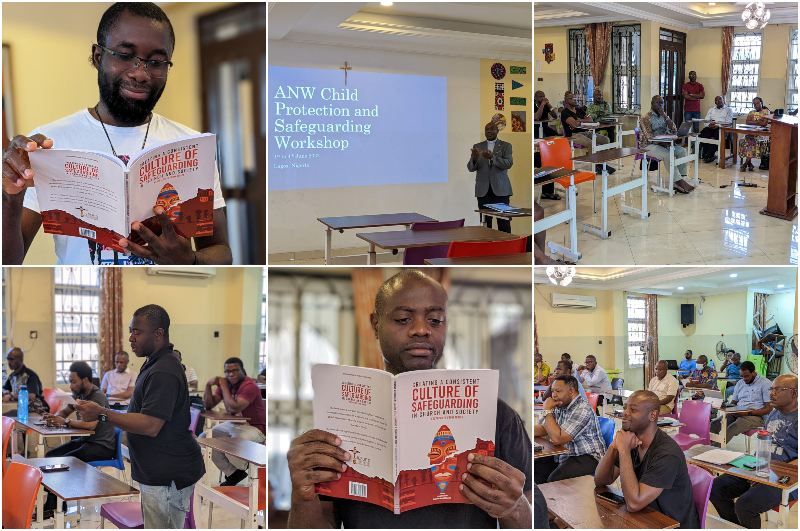

Safeguarding Children and Vulnerable Adults has come a long way in the Society of Jesus in Africa and Madagascar, despite the disruptions that emerged following the Covid-19 pandemic, Jesuits and collaborators have continued to realise the mission of the Society of Jesus on Promoting a Consistent Culture of Protection, Care and Safeguarding in Church and Society.
Whether through webinars, online meetings, or even most recently virtual conferences, the work on safeguarding in the various provinces and region, though may have been affected by restricted movement during the pandemic, however, never stopped.
How the pandemic impacted response to safeguarding issues
As we know, often disruptions to society can have very heavy impacts on children: safety, well-being, and even their future – especially those faced with poverty, violence, and humanitarian crisis. In the case of Covid-19, the spread of the virus took a toll on many countries' health systems across the globe. Large-scale infections and numerous deaths led to disruptions in not only the health systems, but, in education, livelihoods, and family life. This meant that the lack of urgent action on the pandemic, especially in the developing world, and the health crisis in turn in some countries became a child rights crisis, especially for the most marginalised children. By late August 2020, nearly 22 million people from more than 200 countries had been infected and nearly 800,000 had died with serious impacts on the global and national economies, health systems, education systems, and more – and ultimately on the fulfillment of children´s rights (WHO, 2020d). Around 1.5 billion children and youth were affected by school closures in the first half of April 2020 (UNESCO, 2020a). In addition to the immediate impacts on their health rights and those of their caregivers, the social and economic disruptions caused by the outbreak of COVID-19 presented a range of other risks to children’s right to education and to their well-being and protection. Lockdowns and movement restrictions imposed in various countries in response to the pandemic meant that children had to be home throughout, for an indefinite length of time. Domestic violence, economic pressures due to loss of income and difficult living conditions exposed millions of children to increased protection risks. Risks are influenced through several pathways. In a direct way, the virus could result in loss of parental care due to death, illness, or separation, thereby placing children at heightened risk for violence, neglect, or exploitation. This risked children being the pandemic’s biggest victims (UNICEF, 2021). While officially reported numbers during the pandemic are lower than in ordinary times, anecdotally, child abuse cases within the homes increased significantly with possible long-term effects including teenage pregnancies, substance abuse, sexually transmitted diseases, and mental health disorders. Similarly, media reports of incidents of harmful cultural practices perpetrated by parents such as female genital mutilation and early marriages have become common.
The Society of Jesus in Africa and Madagascar's response to these disruptions
The Jesuit Conference of Africa and Madagascar, prior to the pandemic, would hold physical meetings and events to engage Child Protection and Safeguarding experts from the provinces and region on the various aspects of Safeguarding minors and vulnerable adults from the context of Church and Society. Often, these meetings and events would be held in Nairobi, Kenya, conglomerating experts on children's rights, theologians, religious and lay persons, lawyers, and psychologists, all committed to advocating for children and vulnerable persons in society. However, due to the pandemic, most of these meetings and events were moved online. Physical meetings resumed in mid-2022, and so far, JCAM has organised various in-person meetings and events with provisions for online forums for a wider audience. To be able to resume almost normalcy has in turn improved the interconnectivity of the various experts within the Child Protection and Safeguarding network in Africa and Madagascar, as now, more work can be done in the various social protection centers in the various provinces and region without the risks that the pandemic had initially paused, as the coronavirus slows in most of the countries in Africa.
Between March and May, the safeguarding coordinator assisted the 2022 International Safeguarding Conference organisers to hold three webinars for practitioners in Africa on the following themes.
1) Reporting: Challenges of implementing “Vos estis lux Mundi” 2) Institutional challenges: The victim experience of reporting (institutions and authorities) - Why victims delay reporting 3) Support to victims: Making reporting easier and more trauma-informed - the accompaniment of victims in the process.The outcomes of these webinars contributed to the process of the conference that was held in Rome from 20th to 22nd June, where JCAM’s president, Fr. Agbonkhianmeghe Orobator, SJ, was a keynote speaker.
In early May, 22 Child Protection Officers (CPO) and delegates from provinces and region in Africa and Madagascar: Central Africa (ACE), Eastern Africa (AOR), North-West Africa (ANW), West Africa (AOC), Madagascar (MDG), Southern Africa (SAF); and Rwanda-Burundi (RWB) converged in Nairobi for their annual in-person meeting. The meeting revealed the great strides that have been made in the appointment of Child Protection Officers, especially regarding the inclusion of lay women collaborators in the team. The three-day workshop was integral to reflect on the strides made in the promotion of a consistent culture of safeguarding and protection of minors in Africa, to re-affirm their commitment to a consistent culture of protecting the integrity of every human being, which Fr. General, Arturo Sosa, defines as “a normal, habitual way of living, relating, working, in which those whom we serve, particularly children, always feel respected, safe, and loved.” And of course, articulate this understanding in line with the wishes of Pope Francis to create a culture of care. In the words of Francis, “The Church loves all her children like a loving mother, but cares for all and protects with a special affection those who are smallest and defenseless. This is the duty that Christ himself entrusted to the entire Christian community as a whole. Aware of this, the Church is especially vigilant in protecting children and vulnerable adults.”
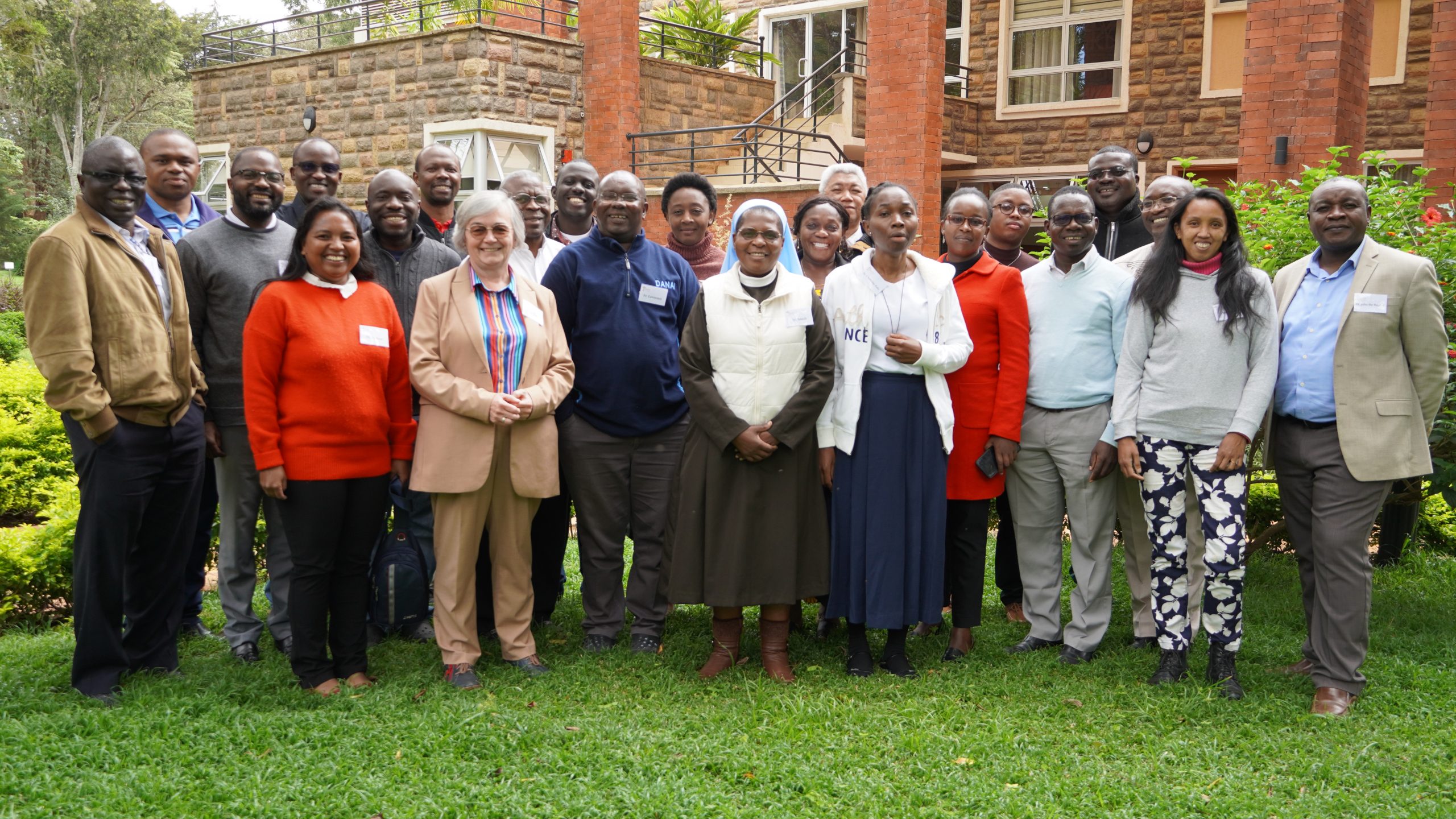
The meeting was also an opportunity for the various CPOs to highlight some of the challenges that they faced at the height of Covid-19, and how best to prepare for future pandemics, especially to mitigate the unforeseen/hidden impacts that a pandemic can raise regarding the protection of children and vulnerable persons. This, with a basis on the impact that Covid-19 had on the official response structures such as child protection officers, social workers, and the police who due to school closures, and limited contact with religious and community institutions were unable to respond on time or not at all due to limited contact with the affected children at this time, therefore the children did not have adequate external support until it was too late. Despite the presence of a few new team members, it was notable from the presentations made that the CPOs are very much immersed in safeguarding work in different ways and there is a good understanding of the issues compared to the situation three years ago.
Between 1st and 4th June, JCAM and the safeguarding team in Africa North-West (ANW) Province facilitated a workshop for 30 Directors of Works in Lagos, Nigeria. This workshop provided an opportunity for the Directors of works to explore the various challenges that they were facing and to learn from each other, as some of them had experience with safeguarding while others were novices in that regard. At the end of the workshop, each director was tasked with carrying out an audit of their Work or Apostolate to ensure full compliance with the 3 standards of safeguarding in the Society of Jesus.
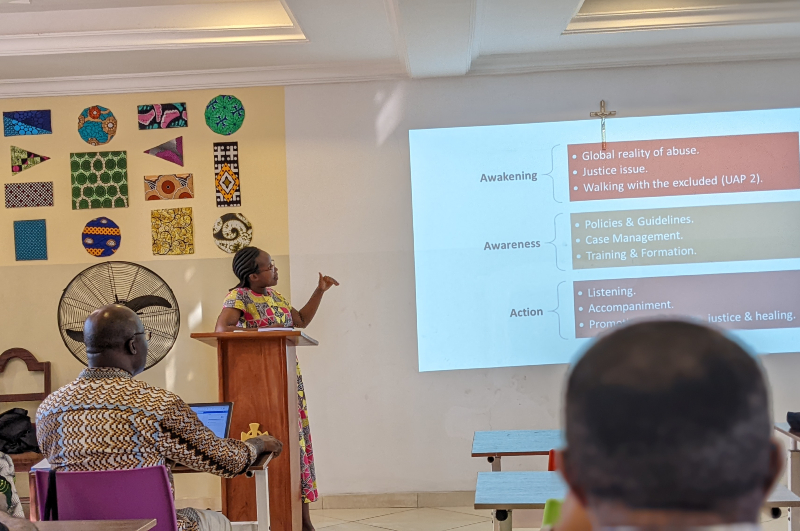
Another International Conference on violence and sexual abuse of children and women in Africa took place from the 16th to the 18th of June 2022 at the Institut de Théologie de la Compagnie de Jésus (ITCJ) in Abidjan, Cote d’Ivoire. Over 20 research papers presented had a common theme being that although culture is a key contributor to the problem of violence against women and children and significant research has been conducted that highlights this, very little has been done towards alleviating those cultural values and practices. And while it is not an easy journey to address and combat these practices, there is a profound need for solutions, especially exploring alternatives to these values and practices.
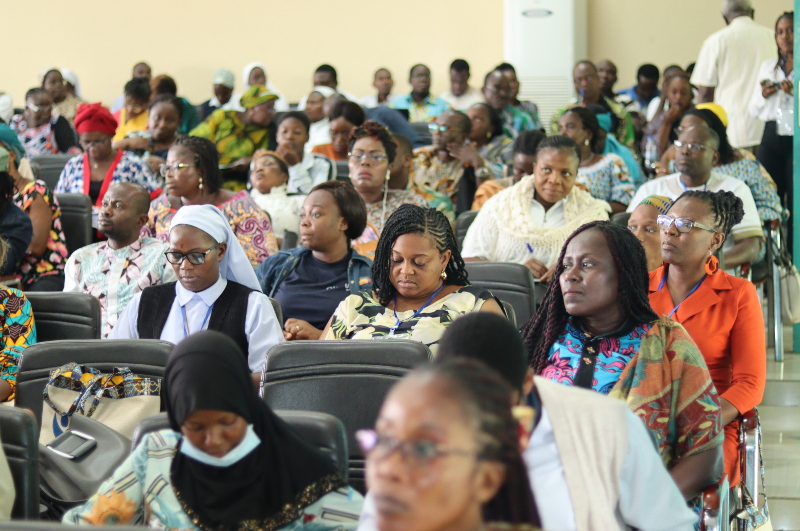
Overall, as our Child Protection and Safeguarding Policy indicates, in JCAM, we aim to rediscover cultural values and build on existing good practices to create and enhance a culture of care, protection, and safeguarding. This vision aligns perfectly with the universal apostolic preferences of the Society of Jesus to guarantee “a healthy environment for children and young people and create conditions that allow all to develop their full potential as human beings.” The successful realization of this vision continues to depend on effective ongoing collaboration among Jesuits, collaborators, and partners in mission.
We are grateful to the many Lay, and Religious men and women who took the time to participate and add their voices to the ongoing work to ensure a generation free from all forms of abuse.
Related Articles

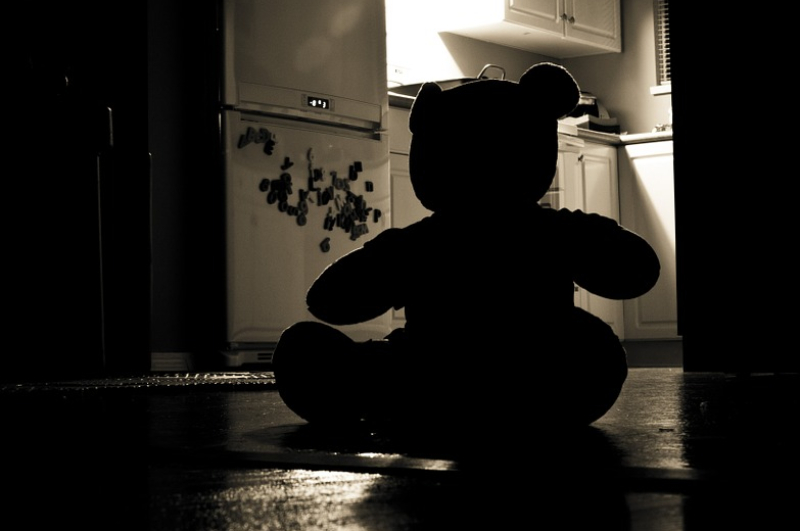
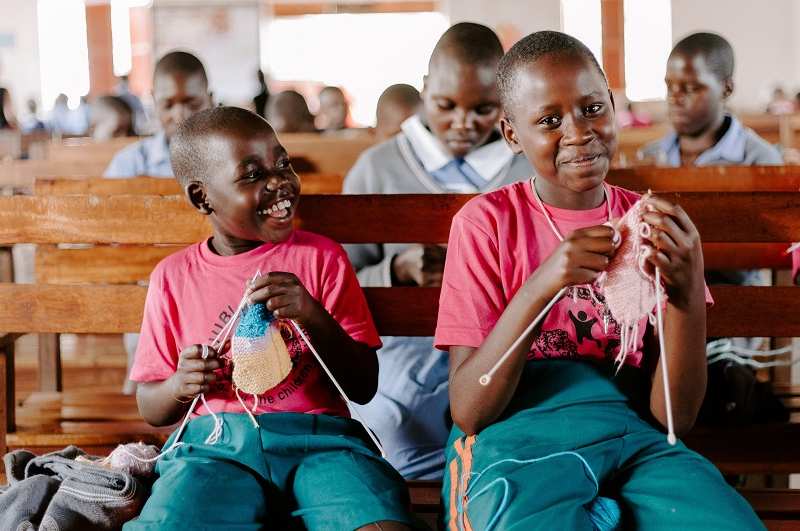
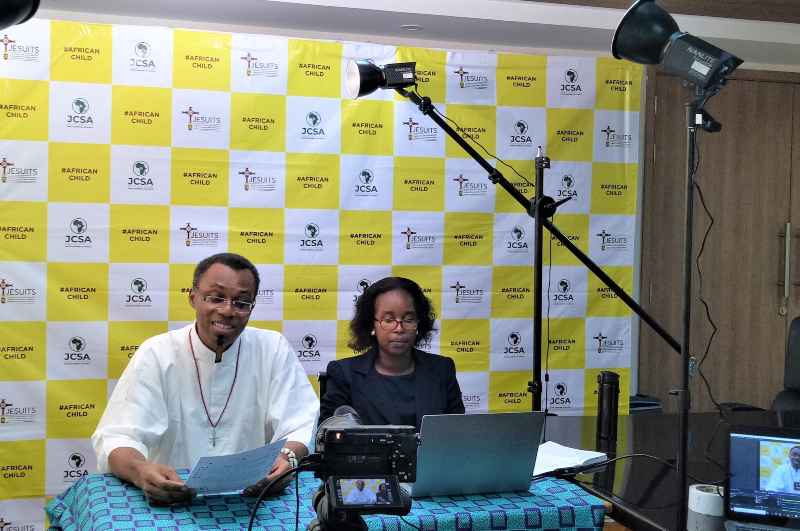
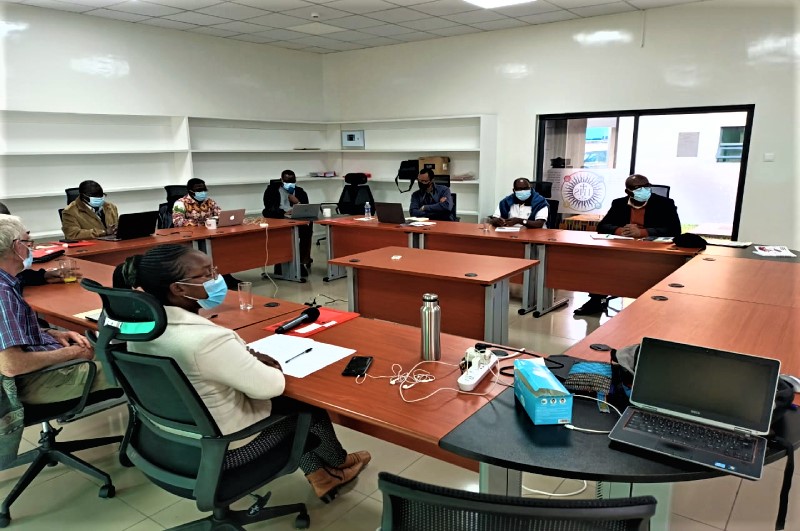
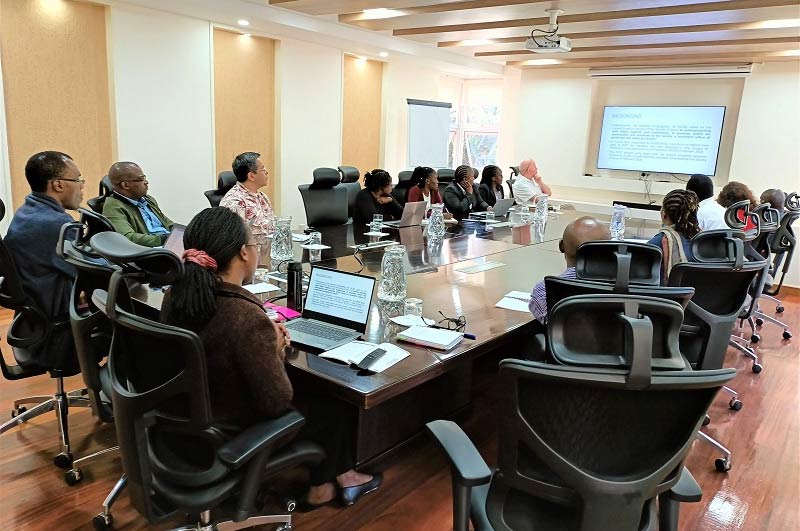
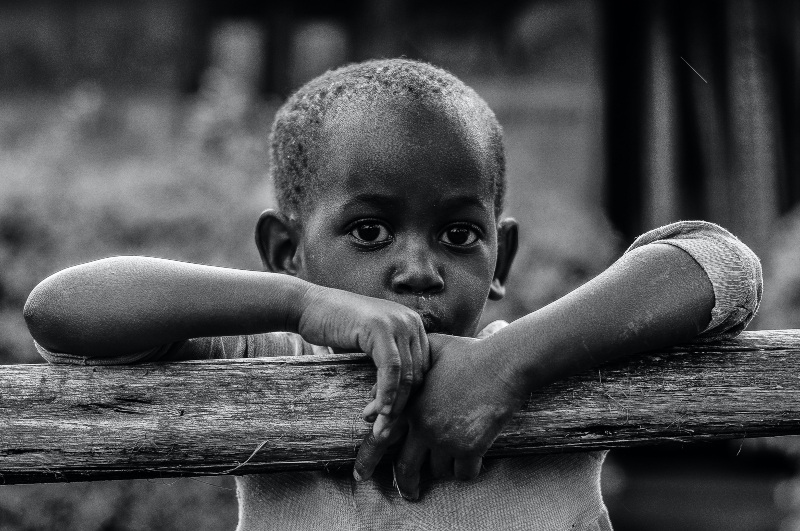
Select Payment Method
Pay by bank transfer
If you wish to make a donation by direct bank transfer please contact Fr Paul Hamill SJ treasurer@jesuits.africa. Fr Paul will get in touch with you about the best method of transfer for you and share account details with you. Donations can be one-off gifts or of any frequency; for example, you might wish to become a regular monthly donor of small amounts; that sort of reliable income can allow for very welcome forward planning in the development of the Society’s works in Africa and Madagascar.
Often it is easier to send a donation to an office within your own country and Fr Paul can advise on how that might be done. In some countries this kind of giving can also be recognised for tax relief and the necessary receipts will be issued.


